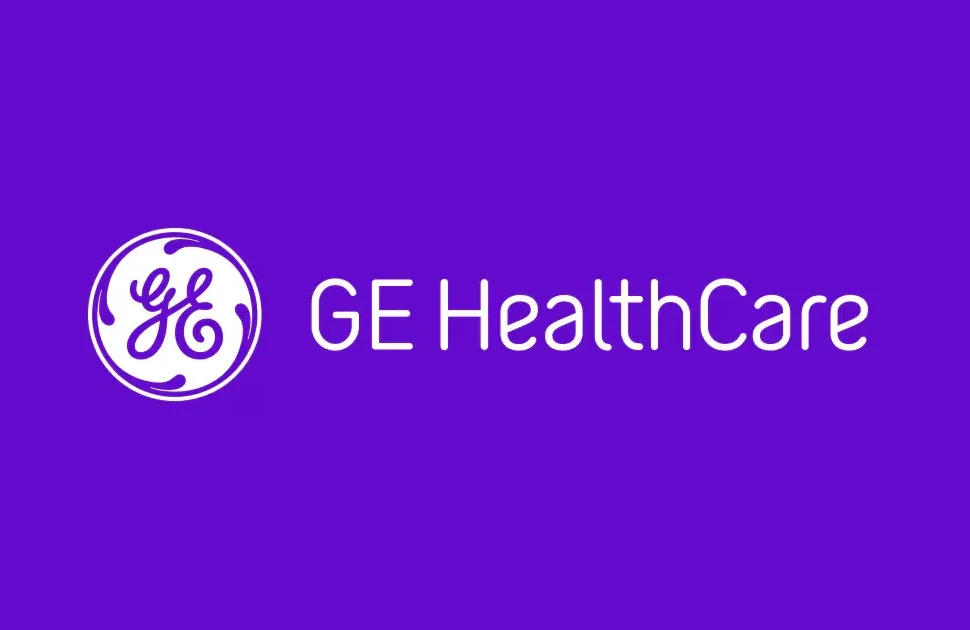
Lantheus and GE HealthCare Announce Exclusive Licensing Agreement for Prostate Cancer Imaging Agent in Japan
Lantheus Holdings, Inc.and GE HealthCare Technologies Inc.have announced a new strategic partnership that is set to expand access to advanced diagnostic imaging for prostate cancer patients in Japan. Under this exclusive licensing agreement, GE HealthCare will develop, manufacture, and commercialize Lantheus’ piflufolastat F 18—marketed in the U.S. as PYLARIFY®—for use as a diagnostic and companion diagnostic tool.
PYLARIFY is a cutting-edge positron emission tomography (PET) imaging agent designed to identify prostate-specific membrane antigen (PSMA)-positive lesions in men with prostate cancer. By detecting disease spread more accurately than many conventional imaging methods, the agent plays a pivotal role in enabling precision medicine in oncology.
Scope of the Agreement
The collaboration involves the transfer of regulatory dossiers, manufacturing know-how, and technical support from Lantheus to GE HealthCare. These steps will allow GE HealthCare to spearhead clinical development of the product in Japan, including regulatory submissions and preparations for eventual commercial launch.
This initiative follows GE HealthCare’s acquisition of Nihon Medi-Physics Co., Ltd. (NMP) in March 2025, a leading Japanese radiopharmaceutical company. With this expanded footprint, GE HealthCare will leverage NMP’s infrastructure, extensive distribution networks, and clinical expertise to bring PYLARIFY to Japanese patients more efficiently.
Addressing a Major Clinical Need
Prostate cancer remains one of the most pressing global health issues, ranking as the fourth most common cancer worldwide. In 2022, Japan recorded the third-highest number of prostate cancer cases globally, trailing only the United States and China. With incidence rates rising, improved detection methods are critical for optimizing treatment and improving survival outcomes.
Brian Markison, Chief Executive Officer of Lantheus, emphasized the importance of this alliance:
“This partnership is expected to meaningfully extend the reach of our diagnostic imaging agent in key international markets. GE HealthCare and NMP’s deep regional expertise will enable us to advance the detection and care of prostate cancer and drive significant impact in an important market.”
Jean-Claude Provost, Chief Science Officer at Lantheus, added that expanding access to PYLARIFY aligns with the company’s broader mission:
“Bringing targeted PET imaging agents to new geographies supports our purpose to Find, Fight and Follow disease to deliver better patient outcomes. By aligning with GE HealthCare, we’re addressing a critical clinical need in Japan and helping to lay the foundation for a more personalized approach to prostate cancer detection, diagnosis, and monitoring.”
From GE HealthCare’s perspective, the deal represents both a clinical and strategic step forward. Kevin O’Neill, President and CEO of the company’s Pharmaceutical Diagnostics (PDx) segment and also President of NMP, commented:
“This collaboration represents a strategic advancement for GE HealthCare as we expand our pipeline of radiopharmaceuticals and continue to deliver on our commitment to improving patient access to innovative diagnostics. Working alongside Lantheus gives us access to one of the best-in-class PET imaging agents that is already approved in the U.S. and in Europe, and if approved locally, could provide clinicians and their patients with a powerful new option for detecting and monitoring prostate cancer.”
Deal Terms
As part of the licensing agreement, GE HealthCare will pay Lantheus an upfront license fee, development milestone payments, and tiered royalties tied to future product sales in Japan. A Joint Steering Committee will be created to oversee both development and commercialization efforts, ensuring alignment between the two companies.
About PYLARIFY® (piflufolastat F 18)
PYLARIFY, also known as 18F-DCFPyL or PYLCLARI™ in Europe, is a fluorinated small-molecule, PSMA-targeted PET imaging agent. It allows clinicians to visualize lymph nodes, bones, and soft tissue metastases in prostate cancer patients, providing valuable insights into disease progression or recurrence.
The U.S. Food and Drug Administration (FDA) approved PYLARIFY in 2021, and since then, it has become the most widely used PSMA PET imaging agent in the United States, with over 500,000 scans conducted across 48 states. In 2023, the European Union also granted approval, where it is marketed as PYLCLARI by Curium under a licensing arrangement with Progenics Pharmaceuticals, a Lantheus subsidiary.
The recommended clinical dose is 333 MBq (9 mCi), with an acceptable range of 296 MBq to 370 MBq (8–10 mCi), administered as a single intravenous bolus injection.
Safety Profile
Like all diagnostic radiopharmaceuticals, PYLARIFY carries specific risks and safety considerations.
- Imaging Interpretation Risks: A negative scan does not necessarily rule out prostate cancer, and positive uptake can sometimes occur in non-prostate cancers or benign conditions.
- Hypersensitivity Reactions: Rare cases of hypersensitivity, including delayed reactions, have been observed.
- Radiation Exposure: As a radioactive tracer, it exposes patients to ionizing radiation, which requires careful handling and safety protocols.
- Adverse Events: The most common side effects reported (≤2%) include headaches, fatigue, and altered taste perception (dysgeusia).
Drug interactions, particularly with androgen deprivation therapy and androgen receptor antagonists, may also alter uptake of the imaging agent, though clinical significance remains under investigation.
Broader Strategic Context
For Lantheus, the deal highlights its growing global ambitions. The company, headquartered in Massachusetts with offices in North America and Europe, has been developing radiopharmaceuticals for nearly seven decades. Its portfolio is designed around the principle of enabling clinicians to “Find, Fight, and Follow” disease through advanced imaging and diagnostic tools.
GE HealthCare, meanwhile, has made significant moves in the radiopharmaceutical space, especially after acquiring NMP. This collaboration strengthens its radiopharmaceuticals pipeline and enhances its ability to provide clinicians in Japan with advanced imaging options, addressing a significant unmet clinical need.




